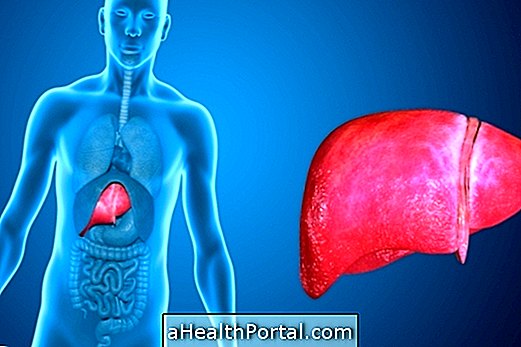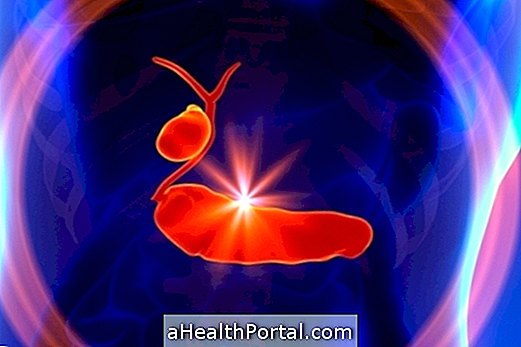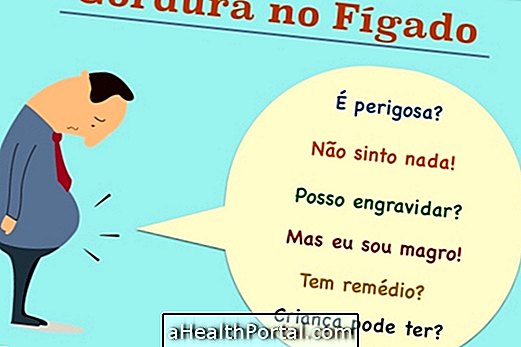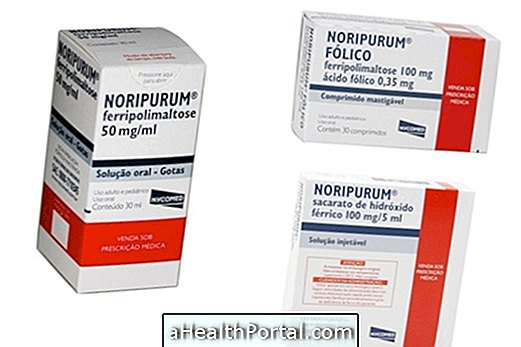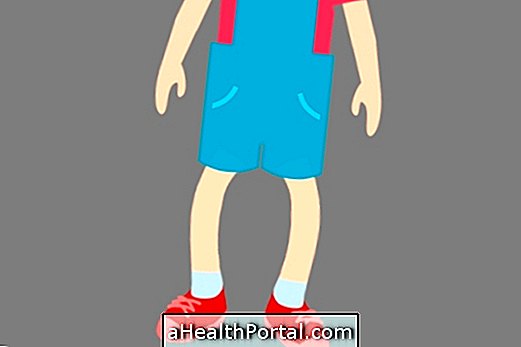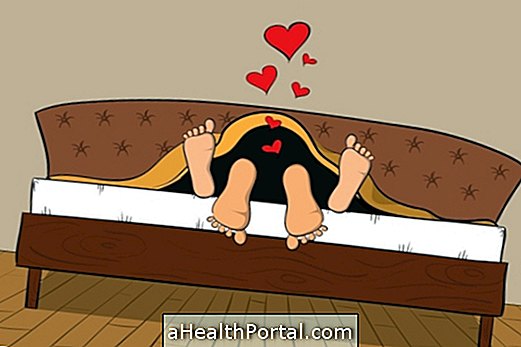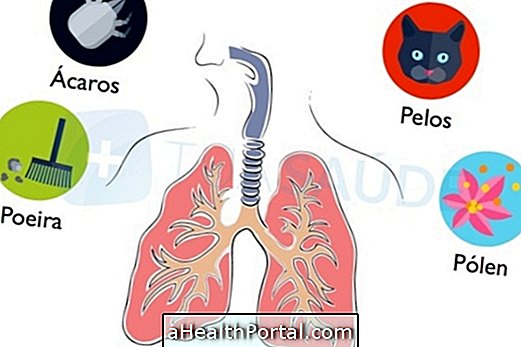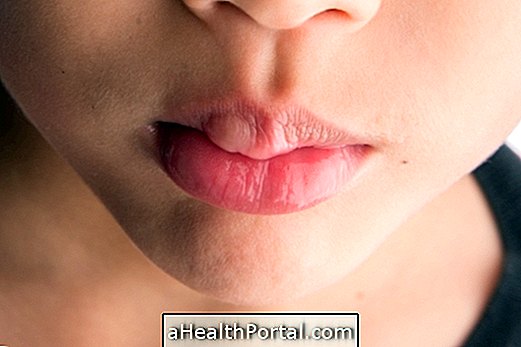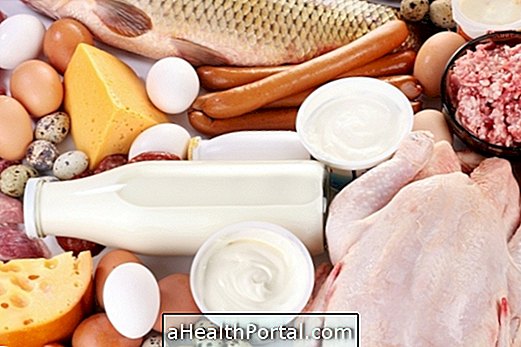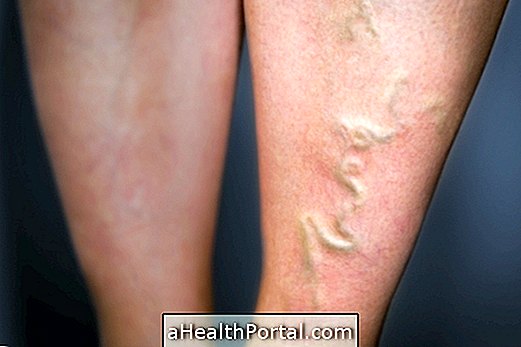Barrett's esophagus is a type of esophageal lesion caused by repeated episodes of gastroesophageal reflux, and its treatment is usually done as a medication that decreases acidity in the stomach, preferably guided by a gastroenterologist. The main include:
- Omeprazole, Pantoprazole, Lanzoprazole or Esomeprazole, for example, classified as inhibitors of the proton pump, and are the most effective;
- Ranitidine or Cimetidine, for example, classified as histamine 2 receptor antagonists, also very useful and cheaper.
In addition, it is also very important to adopt good eating habits, with a diet that avoids difficult digestion and reduces the frequency of reflux.
When treatment through medicines and diet are not enough, an alternative is to perform surgery, known as anti-reflux surgery, in which a new gastro-esophageal valve is built using a portion of the stomach. In more severe cases, in which there is a greater possibility of transformation into cancer, it may still be necessary to perform more complex surgeries, with the removal of the lining of the esophagus, or even with the removal of part or all of the esophagus.
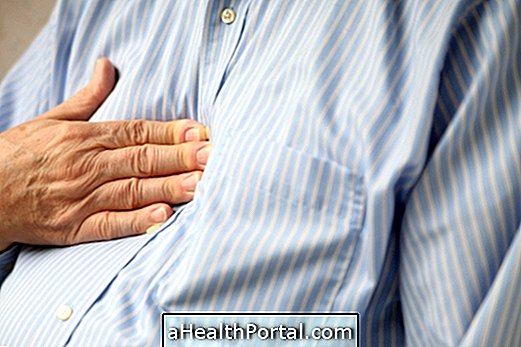
Food to help with treatment
Control of feeding is an important step in helping to treat gastroesophageal reflux and Barrett's esophagus, and it is recommended:
- Eat a diet low in fat and poor in foods difficult to digest or spicy, such as feijoada, barbecue or snacks, as they are foods that stay longer in the stomach, causing poor digestion and increasing the chances of reflux;
- Avoid drinks with gas, like sparkling water or soft drinks, as they increase the chances of reflux, increasing the production of gases and attacking the wall of the stomach;
- People sensitive to coffee or caffeinated teas, such as teas or black tea, should avoid this type of drink as they may worsen reflux symptoms;
- Avoid taking fluids during meals so the stomach does not get too full;
- Wait at least 1 hour before going to bed after eating, to facilitate digestion;
- Avoid drinking alcohol.
Another important tip in eating is to eat slowly and chew food well, as this care facilitates digestion and may help prevent reflux. Learn more about what foods cause heartburn in food to avoid heartburn.
Understand Barrett's Esophagus
Barrett's esophagus is considered a complication of gastroesophageal reflux disease, since frequent exposure of the esophageal mucosa to the contents of the stomach causes chronic inflammation and a change in the type of cell that makes up this region, a condition called intestinal metaplasia. an attempt to protect against acidity.
People with this condition have an increased risk of developing esophageal cancer, so treatment should be done correctly. Regular monitoring of the improvement or worsening of the lesion is also recommended, through re-evaluations with the gastroenterologist, as well as endoscopies with a biopsy ranging from months to years, depending on the severity of the lesion of each person.
Possible symptoms
Although not always causing symptoms, the person with Barrett's esophagus may have symptoms of gastroesophageal reflux, such as heartburn, poor taste in the mouth, poor digestion, burning sensation, cough, hoarseness, and pain and inflammation of the throat. Understand better what is and how to deny gastroesophageal reflux.

How is the diagnosis made?
The diagnosis of Barrett's esophagus is done through endoscopy, an examination in which a tube is inserted through the oral cavity and allows observation of the lining of the esophagus, and confirmation is made with the analysis of the biopsy collected during this examination, with a small sample of esophageal tissue, which is then analyzed by the doctor and in the laboratory. See more about how endoscopy is done.
One promise to expedite and avoid repeated endoscopies for the diagnosis of Barrett's Esophagus is the capsule examination, such as Cytosponge, which consists of swallowing a guided capsule that travels through the gastrointestinal tract and is able to collect tissue samples. However, this method still goes through testing and is not routine.
Only after examination of the tests can the doctor complete the diagnosis and indicate the most appropriate treatment.
Causes of Barrett's Esophagus
Barrett's esophagus is more common in people with a history of gastroesophageal reflux, which is made worse by factors such as poor eating habits such as excessive consumption of fried foods or soft drinks, smoking, and obesity.
It is therefore recommended to go to the doctor if you feel symptoms of reflux, such as heartburn or burning sensation, for example, or if you have a family history of this disease, to investigate if there is this type of complication and make the correct treatment.


